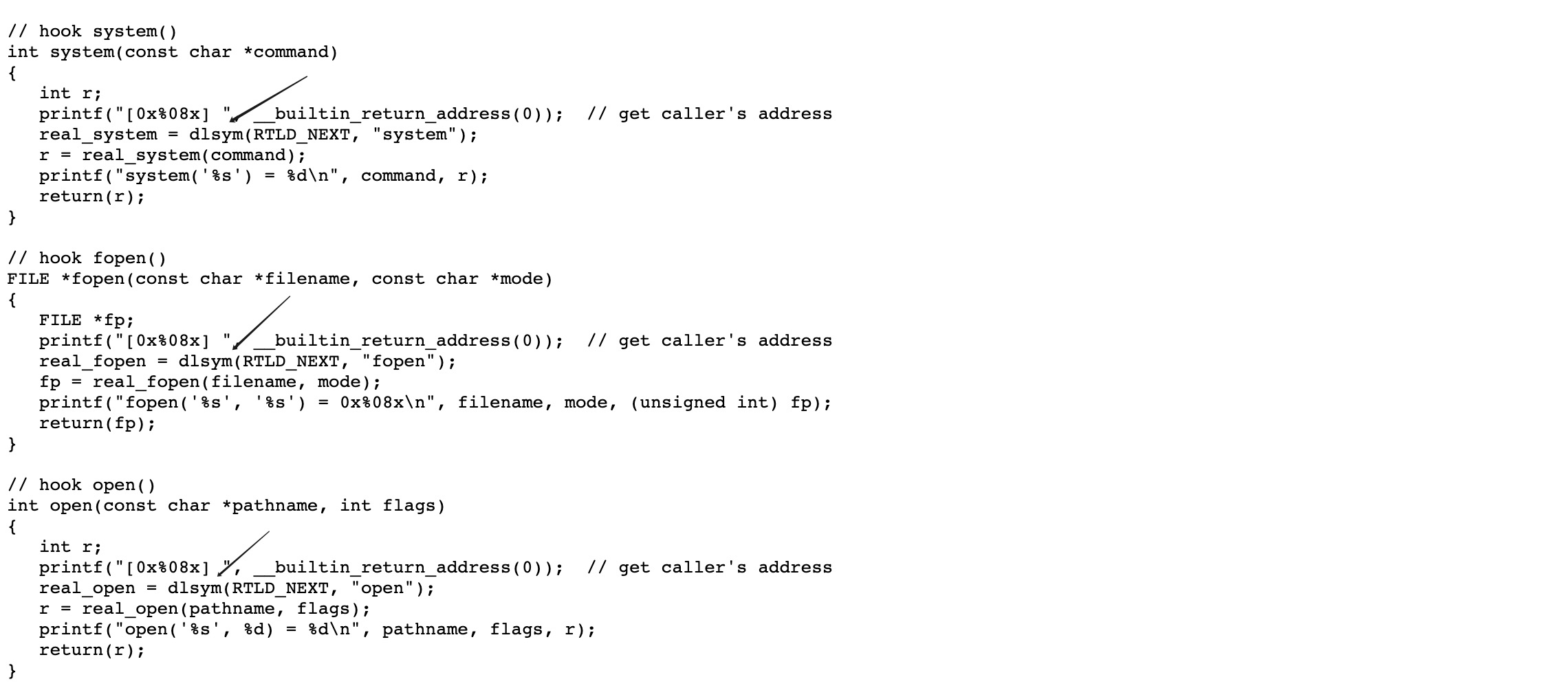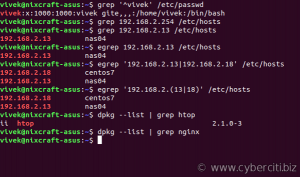

Grep -F words file How do I use grep to search a file on Linux? grep -F 'word-to-search' file.txtĬat otherfile | grep 'something' command | grep 'something' command option1 | grep 'data' grep -color 'data' fileName # Interpret PATTERNS as fixed strings, not regular expressions (regex) when fgrep used. Let us see all commands and options in details.

Search and display the total number of times that the string ‘nixcraft’ appears in a file named frontpage.md:.
 Look for all files in the current directory and in all of its subdirectories in Linux for the word ‘httpd’:. Perform a case-insensitive search for the word ‘bar’ in Linux and Unix:. Search any line that contains the word in filename on Linux:. grep command examples in Linux and Unixīelow is some standard grep command explained with examples to get you started with grep on Linux, macOS, and Unix: For most use cases, fgrep is sufficient due to speed and only looking into strings and words. The grep utilities are a family that includes grep, grep -E (formally egrep), and grep -F (formally fgrep) for searching files. This option makes the output unambiguous, even in the presence ofįile names containing unusual characters like newlines.The name, “grep”, derives from the command used to perform a similar operation, using the Unix/Linux text editor ed: null Output a zero byte instead of the character that normally follows a file Standard output is a terminal and block buffered otherwise. line-buffered Force output to be line buffered. label= name Print name instead of the filename before Print them without-match: do not search binaryįiles and text: treat all files as text. Options areīinary, the default: search binary files but do not binary-files= value Controls searching and printing of binary files. x Only input lines selected against an entire fixed string or regularĮxpression are considered to be matching lines. w The expression is searched for as a word (as if surrounded by U Search binary files, but do not attempt to print them. Nonexistent and unreadable files are ignored (i.e. Is given, grep searches the current workingĭirectory. R Recursively search subdirectories listed. Search a file until a match has been found, making searches potentially o Print each match, but only the match, not the entire line. The line number counter is reset for each file n Each output line is preceded by its relative line number in the file, Has been found, making searches potentially less expensive. grep will only search a file until a match l Only the names of files containing selected lines are written to standard Standard input is searched, the string “(standard input)” is Pathnames are listed once per file searched. L Only the names of files not containing selected lines are written to G Interpret pattern as a basic regular expression Newlines are not considered part of a pattern. Empty pattern lines match every input line. f file Read one or more newline separated patterns fromįile. F Interpret pattern as a set of fixed strings (i.e.įgrep). Specify multiple patterns, or when a pattern begins with a dash Useful when multiple -e options are used to Selected if it matches any of the specified patterns. e pattern Specify a pattern used during the search of the input: an input line is E Interpret pattern as an extended regular expressionĮgrep). c Only a count of selected lines is written to standard output. May be given between the option and its argument. context Print num lines of leading and trailing context Option -o is also specified, the position of the b Each output line is preceded by its position (in bytes) in the file. B num Print num lines of leading context before each To output lines matching the specified pattern. matches” if files containīinary characters. The following options are available: -A num Print num lines of trailing context after each Respectively, but accept input files compressed with theĬompress(1) or gzip(1) compression utilities. Patterns may consist of one or more lines, allowing any of the pattern lines it does not interpret regular expressions). Re_format(7) for more information on regular expressions. Regular expressions (BREs) egrep can handle Grep is used for simple patterns and basic Patterns is written to the standard output. Each input line that matches at least one of the Matches the input line without its trailing newline. Pattern matches an input line if the regular expression (RE) in the pattern The grep utility searches any given inputįiles, selecting lines that match one or more patterns.
Look for all files in the current directory and in all of its subdirectories in Linux for the word ‘httpd’:. Perform a case-insensitive search for the word ‘bar’ in Linux and Unix:. Search any line that contains the word in filename on Linux:. grep command examples in Linux and Unixīelow is some standard grep command explained with examples to get you started with grep on Linux, macOS, and Unix: For most use cases, fgrep is sufficient due to speed and only looking into strings and words. The grep utilities are a family that includes grep, grep -E (formally egrep), and grep -F (formally fgrep) for searching files. This option makes the output unambiguous, even in the presence ofįile names containing unusual characters like newlines.The name, “grep”, derives from the command used to perform a similar operation, using the Unix/Linux text editor ed: null Output a zero byte instead of the character that normally follows a file Standard output is a terminal and block buffered otherwise. line-buffered Force output to be line buffered. label= name Print name instead of the filename before Print them without-match: do not search binaryįiles and text: treat all files as text. Options areīinary, the default: search binary files but do not binary-files= value Controls searching and printing of binary files. x Only input lines selected against an entire fixed string or regularĮxpression are considered to be matching lines. w The expression is searched for as a word (as if surrounded by U Search binary files, but do not attempt to print them. Nonexistent and unreadable files are ignored (i.e. Is given, grep searches the current workingĭirectory. R Recursively search subdirectories listed. Search a file until a match has been found, making searches potentially o Print each match, but only the match, not the entire line. The line number counter is reset for each file n Each output line is preceded by its relative line number in the file, Has been found, making searches potentially less expensive. grep will only search a file until a match l Only the names of files containing selected lines are written to standard Standard input is searched, the string “(standard input)” is Pathnames are listed once per file searched. L Only the names of files not containing selected lines are written to G Interpret pattern as a basic regular expression Newlines are not considered part of a pattern. Empty pattern lines match every input line. f file Read one or more newline separated patterns fromįile. F Interpret pattern as a set of fixed strings (i.e.įgrep). Specify multiple patterns, or when a pattern begins with a dash Useful when multiple -e options are used to Selected if it matches any of the specified patterns. e pattern Specify a pattern used during the search of the input: an input line is E Interpret pattern as an extended regular expressionĮgrep). c Only a count of selected lines is written to standard output. May be given between the option and its argument. context Print num lines of leading and trailing context Option -o is also specified, the position of the b Each output line is preceded by its position (in bytes) in the file. B num Print num lines of leading context before each To output lines matching the specified pattern. matches” if files containīinary characters. The following options are available: -A num Print num lines of trailing context after each Respectively, but accept input files compressed with theĬompress(1) or gzip(1) compression utilities. Patterns may consist of one or more lines, allowing any of the pattern lines it does not interpret regular expressions). Re_format(7) for more information on regular expressions. Regular expressions (BREs) egrep can handle Grep is used for simple patterns and basic Patterns is written to the standard output. Each input line that matches at least one of the Matches the input line without its trailing newline. Pattern matches an input line if the regular expression (RE) in the pattern The grep utility searches any given inputįiles, selecting lines that match one or more patterns.







 0 kommentar(er)
0 kommentar(er)
